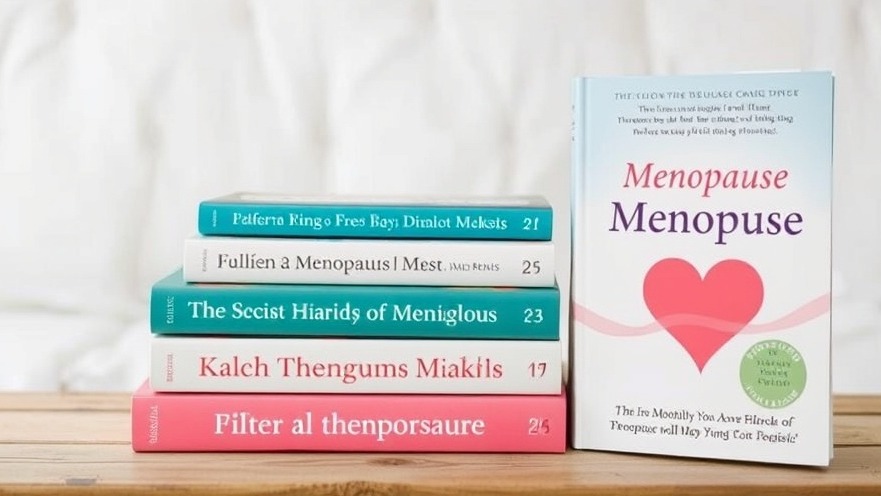
Understanding the Connection Between Sex and Menopause Relief
It’s a well-known fact that women often experience changes in sexual interest and function as they age, particularly as they navigate menopause. A recent study published in the journal Menopause brings important insights into how maintaining a sexual active lifestyle can positively impact life quality during this transitional phase. The findings reveal that among women aged 40 to 79, those who engaged in regular sexual activity experienced significantly fewer symptoms of vulvar pain, dryness, and irritation—common issues brought on by the hormonal changes of menopause.
Empowering Through Intimacy: Evidence-Based Insights
The concept of 'genitourinary syndrome of menopause' (GSM), which includes symptoms related to reduced estrogen levels, encompasses bladder and sexual health issues that can severely diminish a woman's quality of life. The study involved over 900 participants and highlighted that while the frequency of sexual activity tends to decrease with age, those who remained sexually active were less likely to experience the negative effects of GSM. This suggests that intimacy itself may serve as a form of natural relief from these distressing symptoms.
Aging Gracefully: What This Means for Women
Interestingly, while sexual desire and lubrication might diminish with age, the measures of sexual satisfaction and the ability to achieve orgasm did not significantly wane. For women who want to ensure their intimate relationships remain fulfilling, staying sexually active could be essential—not only for their physical wellbeing but also their emotional health. This reinforces the importance of open discussions about sexual health and wellness, which often remain taboo among older women.
Top Tips for Enhancing Sexual Health in Menopause
For women navigating perimenopause and early menopause, the study's findings provide both encouragement and practical guidance. Here are a few actionable tips to enhance sexual health or get back to a fulfilling sex life:
- Stay Informed: Understanding the changes occurring in your body can empower you and reduce anxiety associated with sexual activity.
- Communicate Openly: Discuss your needs and concerns with your partner; intimacy can evolve during menopause, and shaping this experience together can foster closeness.
- Seek Support: Consider talking to a healthcare provider for professional advice regarding hormonal treatments or lifestyle adjustments that can ease menopause symptoms.
Embracing an active sexual lifestyle not only has the potential to diminish menopause-related discomfort but also enhances relationships and overall emotional wellbeing. To stay connected to your changing body and experience a fulfilling sex life during this pivotal time, remember that regular intimacy can act as a powerful ally.
In conclusion, keeping intimacy a priority can be one of the most effective ways to tackle the physical and emotional challenges of menopause. These findings encourage a healthy dialogue about sexual health as a fundamental aspect of women's wellness.
 Add Row
Add Row  Add
Add 




Write A Comment